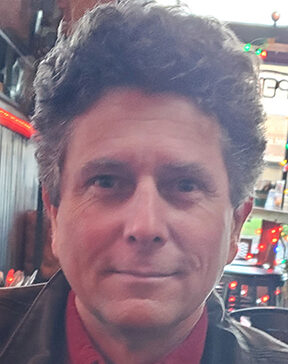“Is an unborn baby with a human heart, a human liver, a human being?” asked Sam Dorman, a reporter from the conservative outlet CNSNews, during Nancy Pelosi’s weekly press briefing. “If it’s not a human being, what species is it?” he added.
Pelosi said Dorman was welcome to be at the press conference, but that she wasn’t going to respond to his “ideological question.” She said, “I am a devout practicing Catholic, a mother of five children. When my baby was born — my fifth child — my oldest child was 6 years old. I think I know more about this subject than you, with all due respect. And I do not intend to respond to your questions, which have no basis in what public policy is that we do here.”
Nancy Pelosi had the correct answer to that… oh let’s call him an organism. She is responsible for guiding public policy, not to settle questions of biology and ethics.
But I’ll give it a try.
The male organism that asked the question, also known as a human being, was conflating terms. A human liver does not have human rights. Those are reserved for human beings. Just because it was previously part of a biological system we call a human being has no bearing on its rights. A cancer cell is human, too, but we don’t have any regard for its rights. (A cell or a tissue doesn’t belong to a species, per se; a species is a reproductive group of individuals, which is itself part of an ecosystem. We could not live without the biota in our guts, but we don’t think of them as part of our species.) The reason we protect rights among human beings (and, increasingly, other actors in the ecosystem) is in order to maintain social balance and protect the minority from the majority. It is a strategy of survival that has served us well.
The question that is harder to answer is, when does a collection of human tissues and organs become a human being deserving of human rights. I suppose his view is that since embryos and fetuses have the potential to become human beings, they should have the same human rights as fully-developed adults of reproductive age or at least the same rights as children. Taken to the inevitable conclusion, then, that would mean fertilized eggs that don’t implant in the uterus have rights, and that should be clearly judged absurd since it happens frequently. That it does shows us that the starting point of the life of a human being is not a distinct event. Also, we don’t give children the same rights as adults just because they will some day become an adult, because we recognize that they are different. Of course, a human being can not become a human being without their mother, who is undeniably a human being with rights. Should a woman who miscarries be charged with involuntary manslaughter? Of course not, because most often the causes are beyond her control. Even if her behavior contributes to the miscarriage, many would hold her blameless (others would not). The issue with abortion is that a human being exerts her control over the biological process within her own body that gives rise to other human beings. Control. That is the issue.
Also, I will concede, there is a desire within us to defend the defenseless. We do not always carry that impulse over to other species, especially the ones we want to eat. We do try to protect our own children, and that strong urge is built into us. As a class, though, newborns are not endangered. If our species was in a struggle for survival where we had a very low population, one could argue that preventing births would be not just unethical, but genocidal. We live in a world, however, where our ingenuity has turned scarcity into plenty, and many of our survival mechanisms have yet to catch up with reality. One could even see births regulated by the state if population grew too high or too low. For now, these are decisions that are reserved for individual human beings. A woman with an innate desire to bear healthy children and raise a healthy family is the best possible authority, with the support of her family and community, to make decisions about whether to nurture a future human being in her body and nurture it to adulthood.
Nancy Pelosi might have said something like that, if she had had the time, but she’s in public policy, and I’m not.
